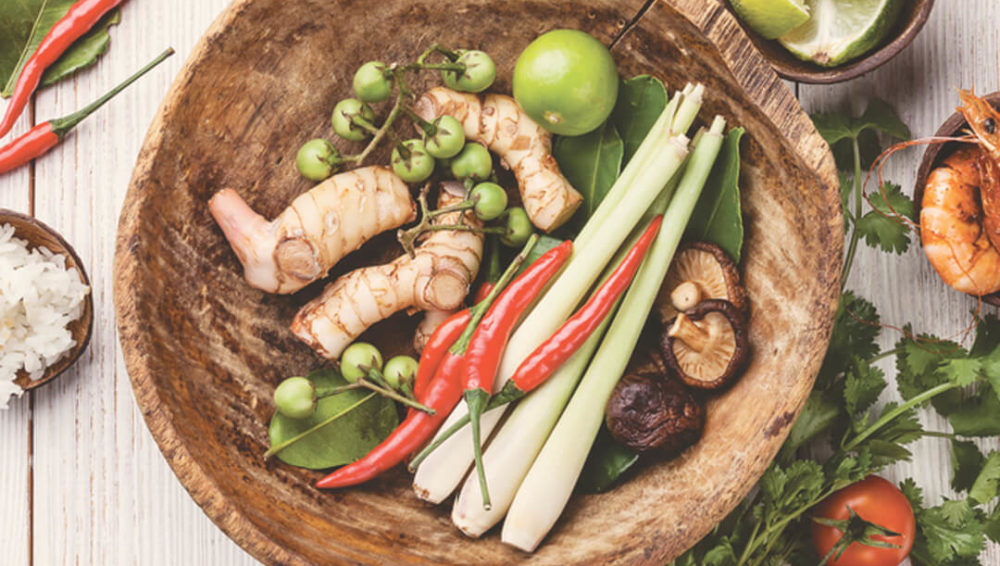Important nutrients during pregnancy and breastfeeding
Nutrition

To meet your extra energy needs and support the healthy growth of Your Child while pregnant and breastfeeding, you need to consume between 300 to 500 additional calories per day.
These essential nutrients listed below are needed to help you and Your Child thrive. They’re found in fresh fruits and vegetables, whole grains, nuts, beans, dairy products, and lean meats.
Calcium
This helps to build strong bones and teeth and plays an important role in the healthy functioning of the circulatory, muscular, and nervous systems. Pregnant and breastfeeding women should get about 1,000 mg of calcium each day. Good sources of calcium include dairy, cereals, and spinach.
Carbohydrates
Eating adequate carbohydrates helps provide energy to support the growth and development of the baby during pregnancy and breastfeeding. The best sources of carbohydrates are whole grains, fruits, and vegetables.
Fiber
This is a nutrient that can ease constipation commonly associated with pregnancy. Good sources of fiber include whole grains, fruits, vegetables, and legumes (beans, split peas).
Folic acid
This helps in the healthy development of a baby’s brain and spinal cord. It’s also needed to make red blood cells and white blood cells. Taking 400 micrograms (0.4 milligrams) of folic acid daily prior to conception and during early pregnancy reduces the risk of your baby being born with a neural tube defect. Leafy green vegetables, citrus fruits, beans, and nuts are good sources of folic acid. Speak to your doctor or pharmacist about supplements, if you are not sure you get enough of folic acid through your diet.
Healthy Fats
Unsaturated fats are used to fuel a baby’s growth and development and are especially important for the development of the brain and nervous system. Healthy fats are found in olive oil, peanut oil, canola oil, avocados, and salmon.
Iodine
It helps the body’s thyroid gland to make hormones that help with growth and brain development. Not getting enough iodine during pregnancy can put Your Child at risk of a thyroid problem and cognitive delays. Use iodized salt in your cooking and eat foods high in iodine, such as seafood and dairy products.
Iron
To prevent iron-deficiency anemia while pregnant or breastfeeding, eat food rich in iron and or take iron supplements. If you don’t get enough iron, you may feel tired easily and are more susceptible to infections. Good dietary sources of iron include lean meats, fortified cereals, legumes (beans, split peas), and leafy green vegetables.
Protein
This helps build Your Child’s muscles, bones, and other tissues, especially in the second and third trimesters of pregnancy. Good sources of protein include poultry, fish, beans, peanut butter, eggs, and tofu.
Vitamin A
Vitamin A aids in the development of Your Child’s heart, eyes, and immune system. However, both too little and too much vitamin A can harm a developing fetus. Therefore, pregnant women should not take vitamin A supplements. Good natural sources of vitamin A include milk, citrus fruits, dark leafy greens, and vegetables, such as cantaloupe, carrots, and sweet potatoes.
Vitamin B6
This vitamin helps form Your Child’s red blood cells, breaks down protein, fat, and carbohydrates, and is needed for normal brain development and function. You find vitamin B6 naturally in poultry, fish, whole grains, fortified cereals, and bananas.
Vitamin B12
Vitamin B12 plays an important role in the formation of a Your Child’s red blood cells, as well as brain development. Vitamin B12 is only found in animal products like meat and eggs. Speak with your doctor about taking a B12 supplement during your pregnancy and while breastfeeding if you don’t eat animal products.
Vitamin C
This plays an important role in tissue growth and repair, as well as in bone and tooth development. Vitamin C also helps the body absorb iron. Citrus fruits, broccoli, tomatoes, and fortified fruit juices are good sources of the vitamin.
Vitamin D
Vitamin D helps in the absorption of calcium which is necessary for the development of healthy bones and teeth. The best source is sunshine, some other good sources of vitamin D are fortified almond milk, fortified orange juice, egg yolks, and salmon.



